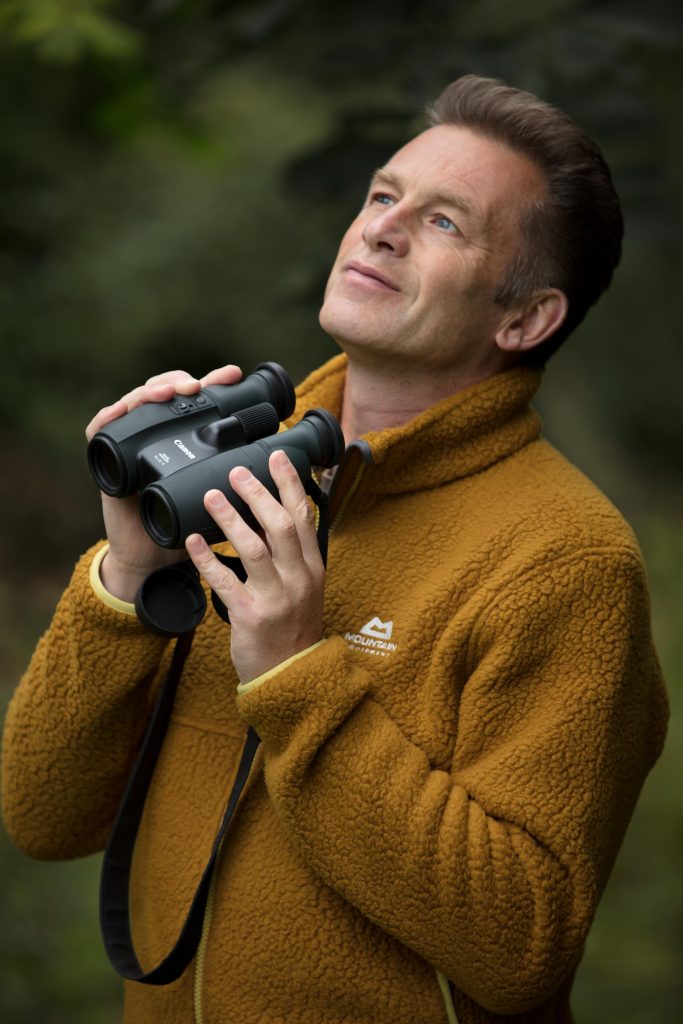What brands should I buy?
How you shop is your choice and should be guided by the issues that you care about. Whether you feel strongly about animal rights, specific conservation issues (globally, nationally or locally), care about environmental issues or links to military activities, this website highlights the best and worst brands to shop with, according to independent research by Ethical Consumer.
Recommended companies to buy from are:
- Canon
- Opticron
- Olympus
These are the only companies covered that could not be directly linked with the sport hunting industry. Of these, only Canon has good environment and climate reporting and all of them had links to the military.
The other six companies with weaker links to sport hunting may also be a good choice: Celestron, Pentax, Kowa, Viking, Visionary and Barr & Stroud. Of these companies, Pentax is the only company with reasonable environment and climate reporting. Viking, Visionary and Barr & Stroud are the only companies here without military links.

Which brands to avoid if you care about these issues…
Animal rights
Consumers who hold animal rights issues close to heart may want to avoid brands owned by companies with strong links to hunting. These include: Nikon, Swarovski, Leupold, Zeiss, Leica, Steiner, Bushnell, Vortex, Meopta, Minox, Burris, Hawke, Bresser, Alpen, Tasco, Barska, Visionking, Bosma, Vanguard, Carson, Eschenbach, and Fujifilm.
Trophy hunting
You may wish to avoid companies that glamourise trophy hunting; in particular, companies whose images and footage include animals such as lions and bears where the potential negative impacts of selective hunting have started to be evidenced. These include Alpen, Steiner, Swarovski, Burris, Bresser, Zeiss, Leica, Vanguard, Vortex, Hawke, Leupold, Meopta and Vista (Bushnell and Tasco brands).
Military and firearms links
20 out of the 29 companies reviewed by Ethical Consumer (2020) supplied optics or other imaging equipment to the military directly, or marketed their optic products for military or tactical use. Six companies did both. Others were linked to pro-gun rights movements in the US, including political campaigns. Those who wish to distance themselves from the military, firearms and gun rights movements should avoid Barska, Bosma, Bushnell and Tasco, Canon, Celestron, Fujinon, Hawke, Kenko and Sightron, Kowa, Leica, Leupold & Stevens, Meopta, Minox, Olympus, Opticron, Pentax, Steiner & Burris, Swarvoski, Vortex and Zeiss.
Conservation issues, like illegal hunting
You may hold strong ethics and opinions about illegal activities associated with hunting, and as such may wish to avoid companies who endorse or encourage hunting of any sort. These include songbird slaughter in the Mediterranean and bird of prey persecution.
Companies that sell hunting optics are more likely to sponsor hunting organisations or initiatives, and therefore have power and influence with organisations and consumers. Research by Ethical Consumer highlighted that over three quarters of companies that sold multiple hunting accessories, also sponsored hunting organisations whose mission statements included “protecting hunters’ rights”.
25 of the 30 companies covered had some connection to hunting and 20 were considered to have strong links – selling riflescopes and/or marketing products for sports hunting. These include: Nikon, Swarovski, Leupold, Zeiss, Leica, Steiner, Bushnell, Vortex, Meopta, Minox, Burris, Hawke, Bresser, Alpen, Tasco, Barska, Visionking, Bosma, Vanguard, Carson, Eschenbach, and Fujifilm.
Environmental and climate impact
Buying second hand is always recommended from an environmental point of view. If buying new, different ethical issues need to be weighed up. None of the companies reviewed by Ethical Consumer (2020) had both good environmental reporting and good carbon reporting and management. To have good environmental reporting, a company needed to demonstrate a reasonable understanding of its environmental impact, have at least two quantified environmental targets, have a report that was dated within the past two years and have been independently verified.